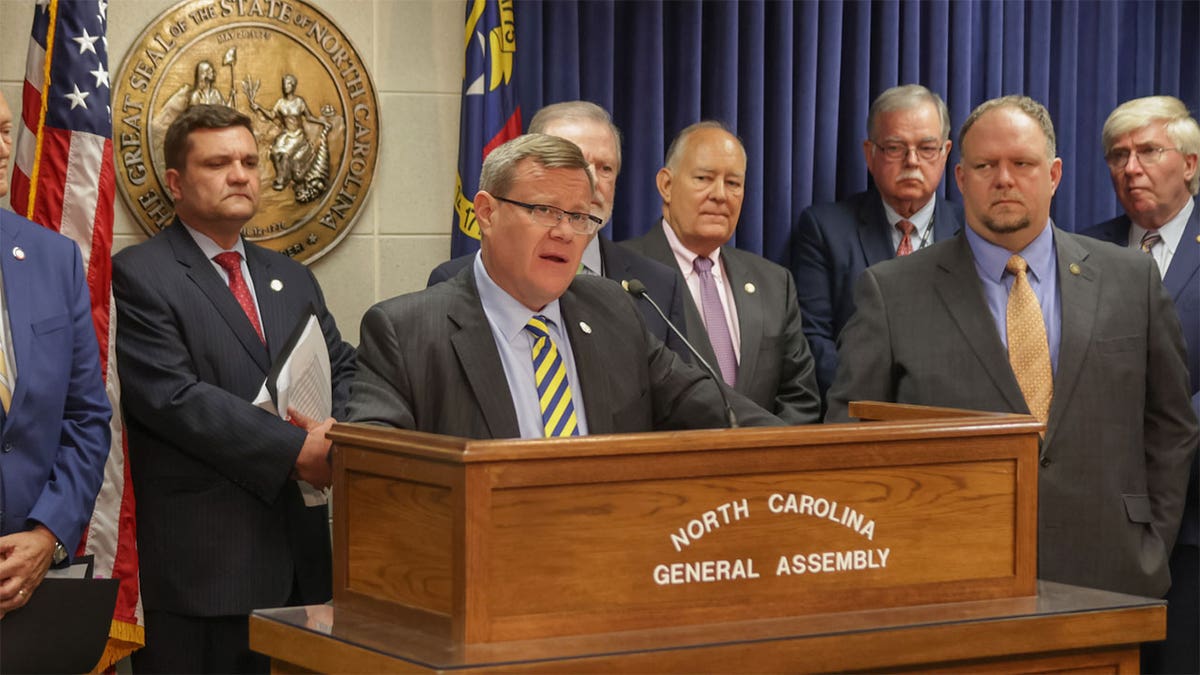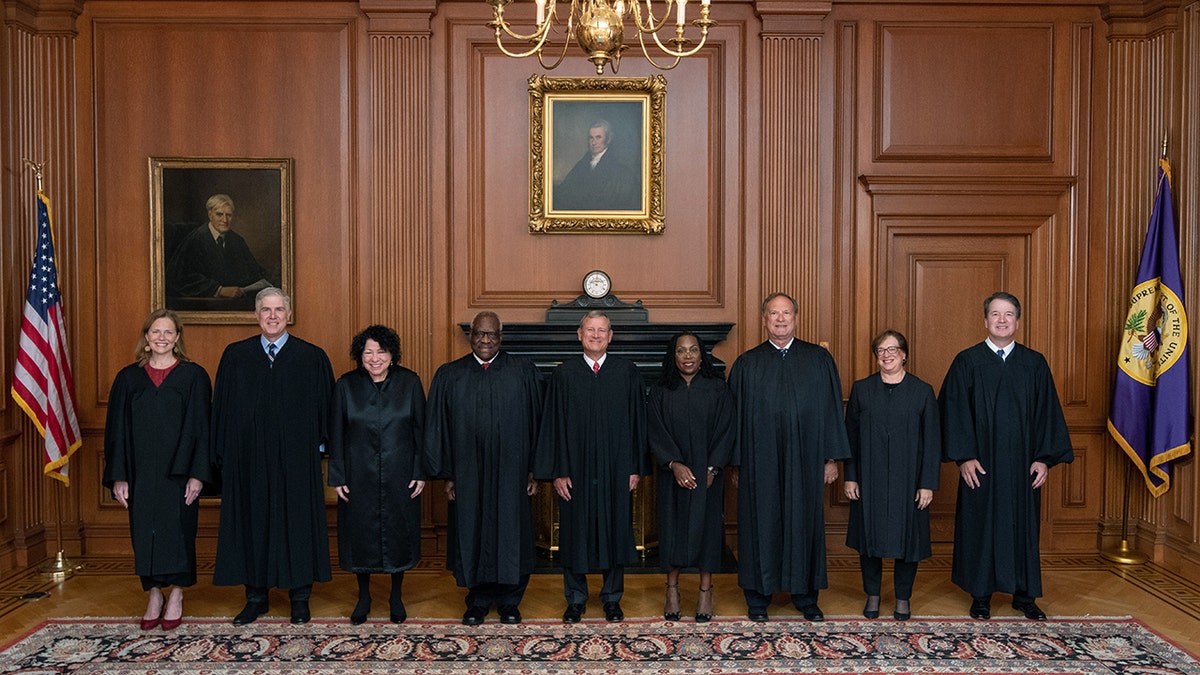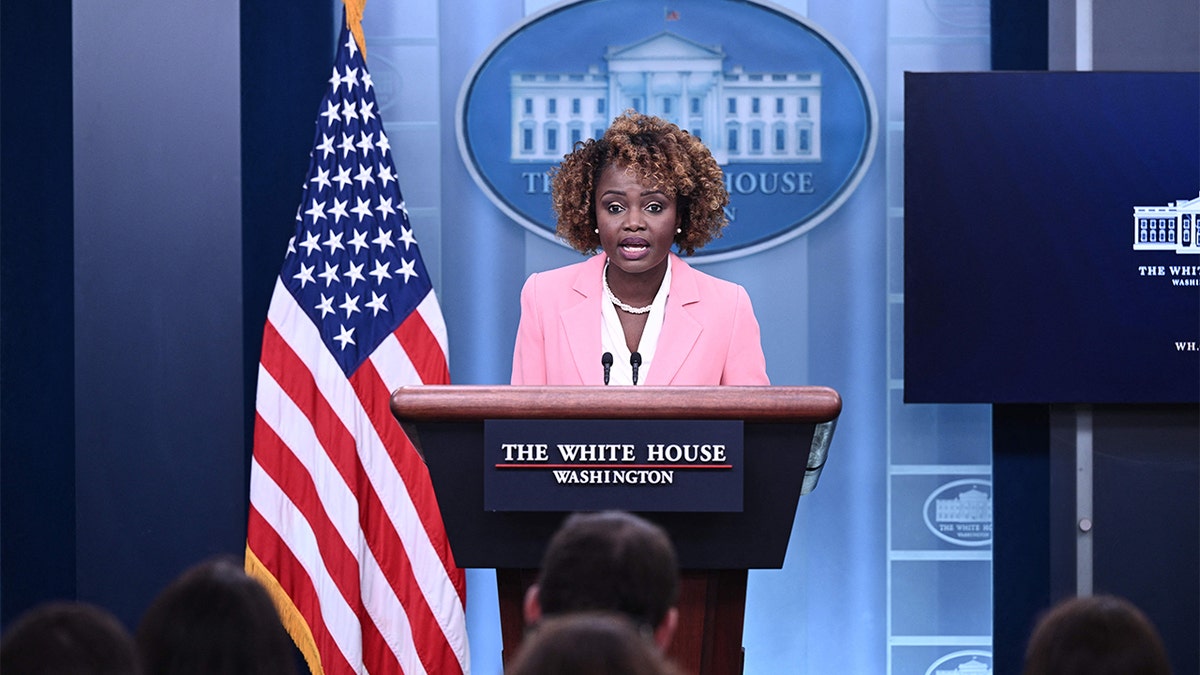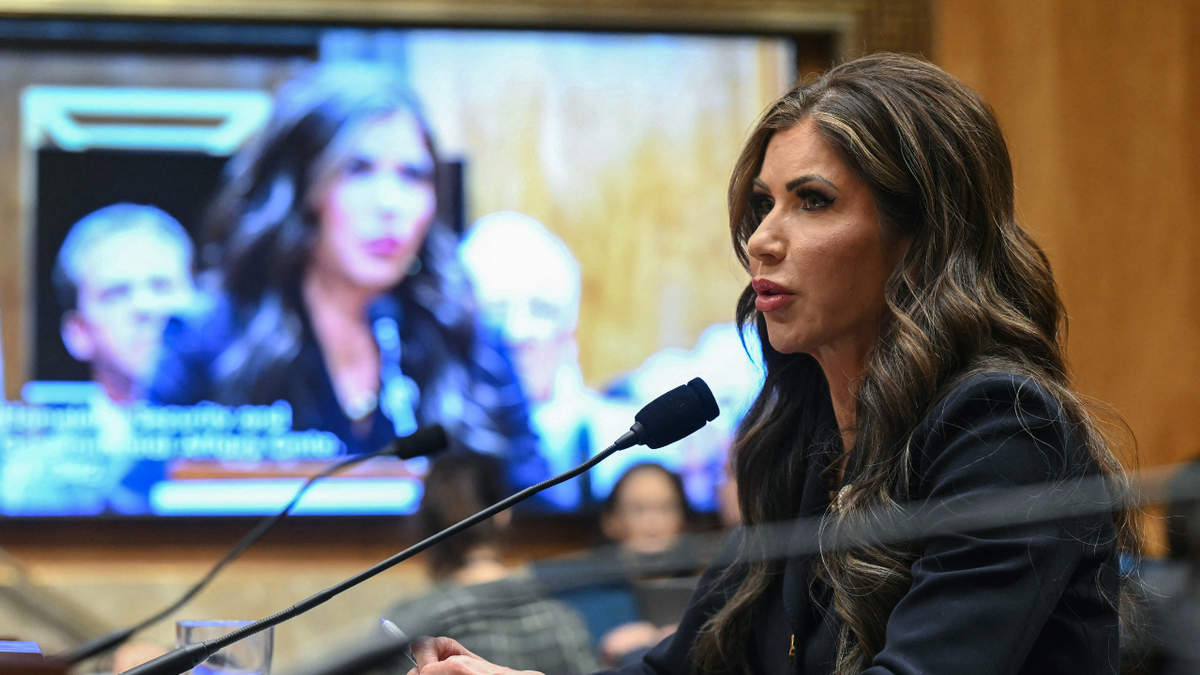In a landmark decision, the Supreme Court ruled against the "independent state legislature" theory, affirming the authority of state courts to oversee federal election procedures established by state legislatures. The 6-3 ruling, penned by Chief Justice John Roberts, clarifies that the Elections Clause in Article 1 of the Constitution doesn't shield state legislatures from routine judicial review by state courts.
The majority opinion, supported by Justices Sotomayor, Kagan, Kavanaugh, Barrett, and Jackson, emphasized that state courts can enforce state constitutional limitations when legislatures exercise their power under the Elections Clause. However, the Court cautioned that federal courts must maintain their own judicial review responsibilities. State courts, while interpreting state law in this context, cannot overstep the boundaries of standard judicial review and infringe upon the role specifically assigned to state legislatures by Article I, Section 4 of the Constitution.

This pivotal case, Moore v. Harper, stemmed from a constitutional clash concerning a state court's authority to regulate federal elections, specifically in the context of gerrymandered redistricting maps. Certain North Carolina lawmakers sought to leverage the "independent state legislature" theory, aiming for nearly complete control over federal election regulations for presidential and congressional elections. The case reached the Supreme Court after a North Carolina state court invalidated GOP-drawn congressional maps initially presented in November 2021, deeming them unconstitutional due to their apparent bias favoring the Republican-led legislature across the state's 14 congressional districts.
The subsequent court-drawn maps, used in the midterm elections, resulted in a balanced representation with seven seats for each party. The GOP state legislature contended that utilizing these court-drawn maps violated their constitutional rights under the Elections Clause. They urged the Supreme Court to invoke the ISL doctrine, which interprets the Constitution to grant state legislatures absolute authority over election procedures, virtually excluding any state judicial review.

Article 1 of the Constitution states, "The Times, Places and Manner of holding Elections for Senators and Representatives, shall be prescribed in each State by the Legislature thereof." Advocates for the GOP argued that the case could significantly impact election security nationwide. A decision favoring the North Carolina Supreme Court, they claimed, could empower state and federal courts to intervene in future elections. Conversely, opponents viewed the independent state legislature doctrine as excessively broad, fearing it could undermine democracy and facilitate further gerrymandering in a political landscape characterized by low voter trust.

Legal experts offered varied perspectives on the ruling. Ari Savitzky of the ACLU celebrated the rejection of the ISL theory, emphasizing the importance of checks and balances within the government. Derek Mueller of the University of Iowa College of Law noted that the opinion leaves open questions about the precise limits of state court involvement in election cases. Jonathan Adler of Case Western Reserve University saw the ruling as a cautionary message against using lawsuits to manipulate election laws or redraw districts for partisan gain.
This Supreme Court decision has significant implications for the balance of power between state legislatures and state courts in regulating federal elections, setting a precedent for future election-related litigation.








